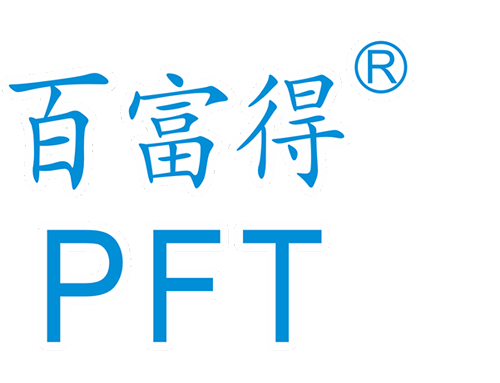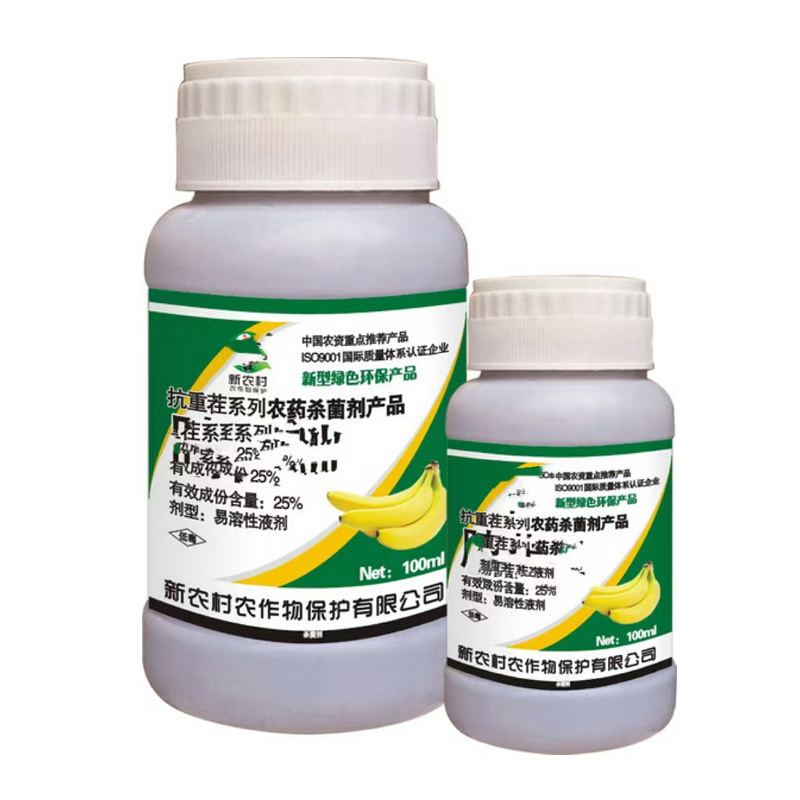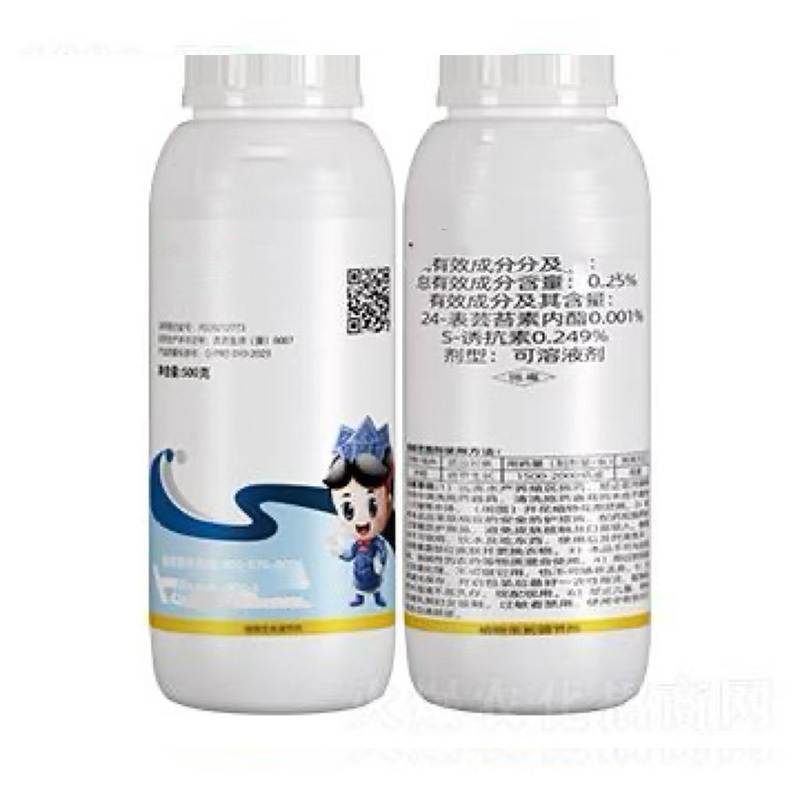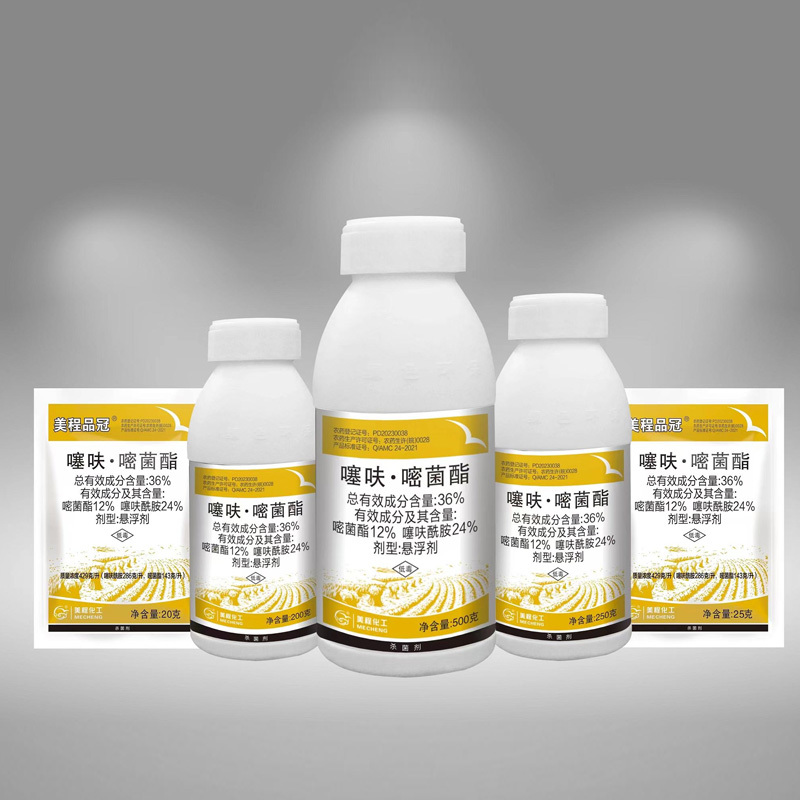-
-
-
News & Publication
-
News & Publication
Harnessing Biological Pest Control Agents for Sustainable Agriculture
Time
2025-10-13
In the contemporary agricultural landscape, the integration of biological pest control agents has emerged as a pivotal strategy for managing pest populations while fostering sustainability. These agents, which include natural predators, parasitoids, and pathogens, play a vital role in maintaining ecological balance, thereby enhancing crop health and productivity. Biological pest control agents are
Biological pest control agents are derived from various organisms, such as insects, fungi, bacteria, and nematodes, and they offer a compelling alternative to traditional chemical pesticides. One of the primary benefits of utilizing these agents is their targeted action; they often focus on specific pest species without harming beneficial insects or the broader ecosystem. For instance, ladybugs are well-known for their effectiveness in controlling aphid populations, while parasitic wasps can significantly reduce caterpillar numbers, promoting healthier crop yields.
Adopting biological pest control agents contributes to integrated pest management (IPM) strategies, which aim to combine multiple approaches to pest control for more effective outcomes. IPM relies on monitoring pest populations, understanding pest life cycles, and utilizing biological agents alongside cultural practices and, when necessary, chemical controls. This holistic approach not only minimizes environmental impacts but also promotes long-term pest resistance management.
Moreover, the use of biological pest control agents aligns with the growing demand for organic and sustainably produced food. Consumers are increasingly aware of the implications of chemical pesticide use, driving farmers to seek environmentally friendly alternatives. By implementing biological control methods, farmers can meet consumer expectations while maintaining compliance with organic certification standards.
However, successfully incorporating biological pest control agents requires a thorough understanding of the specific pest dynamics within a given crop system. Factors such as the timing of releases, environmental conditions, and the compatibility of biological agents with other pest management strategies must all be considered. This necessitates ongoing research and collaboration between agricultural professionals to optimize the deployment of these agents.
In conclusion, biological pest control agents represent a promising avenue for sustainable agriculture, offering effective pest management solutions that mitigate adverse environmental impacts. By fostering ecological resilience through the use of natural predators and pathogens, farmers can enhance crop health and productivity while meeting the demands of an increasingly environmentally-conscious marketplace. Embracing these biological solutions not only benefits individual growers but also supports the broader goal of sustainable agricultural practices globally.
Latest News

Email:
Address 1 : Salt-chemical Industrial Zone, Dingyuan County, Chuzhou, Anhui Province, China
Address 2 : 19F, Block A, Zheshang Building, Science Avenue, Hefei City, Anhui Province, China
Leave Message
We will contact you within one working day. Please pay attention to your email.
COOKIES
Our website uses cookies and similar technologies to personalize the advertising shown to you and to help you get the best experience on our website. For more information, see our Privacy & Cookie Policy
COOKIES
Our website uses cookies and similar technologies to personalize the advertising shown to you and to help you get the best experience on our website. For more information, see our Privacy & Cookie Policy
These cookies are necessary for basic functions such as payment. Standard cookies cannot be turned off and do not store any of your information.
These cookies collect information, such as how many people are using our site or which pages are popular, to help us improve the customer experience. Turning these cookies off will mean we can't collect information to improve your experience.
These cookies enable the website to provide enhanced functionality and personalization. They may be set by us or by third-party providers whose services we have added to our pages. If you do not allow these cookies, some or all of these services may not function properly.
These cookies help us understand what you are interested in so that we can show you relevant advertising on other websites. Turning these cookies off will mean we are unable to show you any personalized advertising.
This website already supports IPV4/IPV6 bidirectional access





